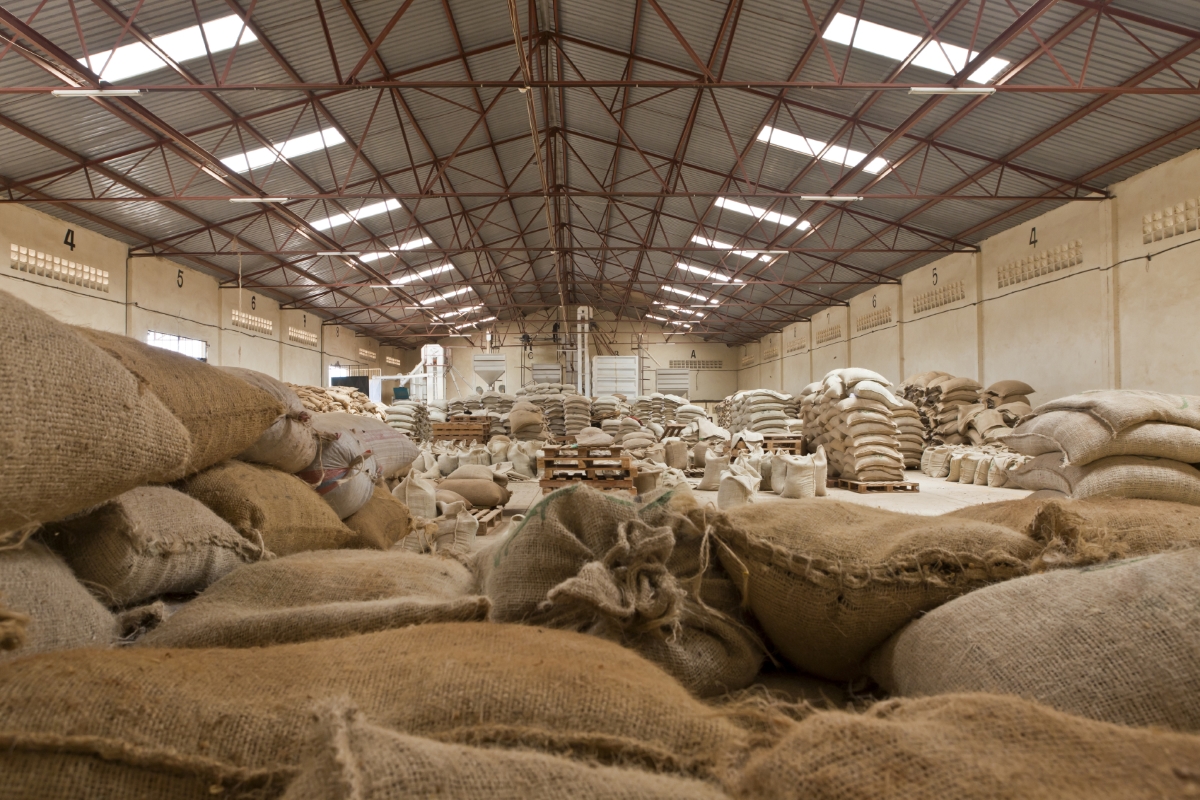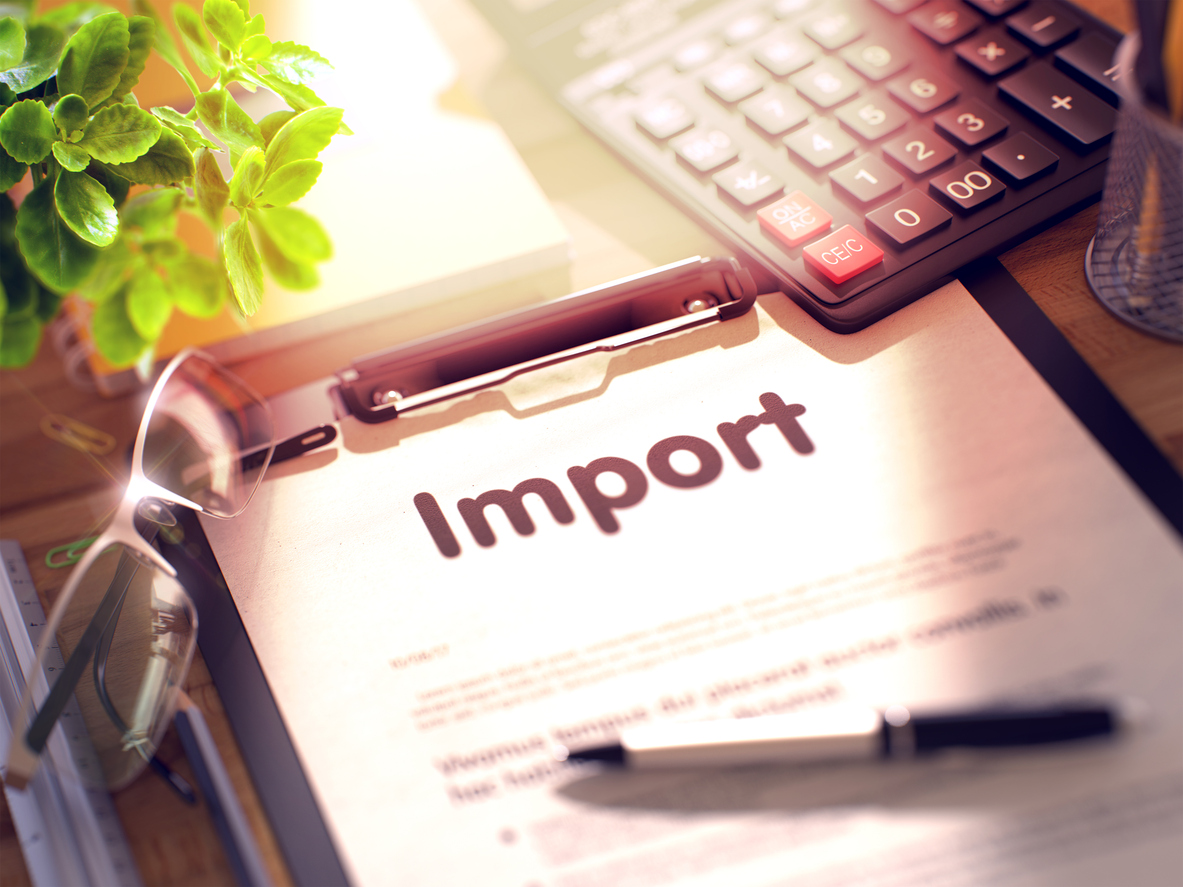Commodity Derivatives in Nigeria: A Guide to Market Growth and Investment Opportunities
Commodity derivatives play an increasingly vital role in Nigeria’s financial and economic sectors. These financial instruments, which derive their value from underlying commodities such as crude oil, natural gas, agricultural products, or precious metals, provide opportunities for risk management, speculation, and investment diversification.
In this article, we explore the concept of commodity derivatives, their relevance in Nigeria, the current market landscape, and the opportunities and challenges they present.
What Are Commodity Derivatives?
Commodity derivatives are financial contracts that derive their value from the price of a physical commodity. These contracts include:
- Futures: Agreements to buy or sell a commodity at a predetermined price on a specific date in the future.
- Options: Contracts that give the buyer the right, but not the obligation, to buy or sell a commodity at a predetermined price within a specific timeframe.
- Swaps: Agreements to exchange cash flows or commodity price risks between two parties.
Commodity derivatives are used for:
- Hedging: Managing price risk for producers and consumers.
- Speculation: Profit-making from price movements.
- Arbitrage: Exploiting price differences in different markets.
The Role of Commodity Derivatives in Nigeria
1. Risk Management in Key Sectors
- Oil and Gas: Nigeria’s economy heavily relies on crude oil exports, making the country vulnerable to price volatility. Commodity derivatives help oil companies and the government manage these risks effectively.
- Agriculture: Farmers and agribusinesses can use derivatives to lock in prices for crops like cocoa, cashew nuts, and palm oil, stabilizing incomes in a sector prone to seasonal price fluctuations.
2. Enhancing Market Liquidity
Commodity derivatives markets provide platforms for buying and selling, ensuring better price discovery and market liquidity.
3. Driving Economic Growth
By providing a tool for risk mitigation, commodity derivatives attract foreign investment, support financial market development, and contribute to overall economic stability.
The Commodity Derivatives Market in Nigeria
1. Nigerian Commodity Exchange (NCX)
The Nigerian Commodity Exchange plays a central role in facilitating commodity trading, including derivatives. The NCX focuses on agricultural commodities such as maize, soybean, and sorghum, with plans to expand into energy and mineral derivatives.
2. Financial Market Integration
Banks and financial institutions in Nigeria are increasingly offering commodity-linked financial products, integrating derivatives into broader investment portfolios.
3. Energy Market Participation
As a major crude oil producer, Nigeria has access to international energy derivative markets like Brent Crude futures, traded on global exchanges such as the Intercontinental Exchange (ICE).
Opportunities in Nigeria’s Commodity Derivatives Market
1. Agricultural Sector Growth
Nigeria’s vast agricultural potential provides a strong foundation for commodity derivatives trading. Government initiatives aimed at modernizing agriculture, such as the Anchor Borrowers’ Program, enhance the viability of these markets.
2. Diversification of the Economy
The development of a robust commodity derivatives market aligns with Nigeria’s goal to diversify away from oil dependence, providing alternative revenue sources.
3. Regional Leadership
With its economic size and resource base, Nigeria has the potential to become a regional hub for commodity derivatives trading in West Africa.
Challenges Facing Commodity Derivatives in Nigeria
1. Limited Awareness and Understanding
The derivatives market is relatively new to many market participants in Nigeria, requiring increased education and capacity building.
2. Regulatory Framework
While progress has been made, the regulatory environment for commodity derivatives is still evolving, requiring clearer policies to attract more participants.
3. Infrastructure Deficits
Efficient derivatives trading requires advanced technology, reliable data systems, and modern financial infrastructure, which are areas where Nigeria is still developing.
4. Price Volatility
Commodities such as crude oil and agricultural products are subject to significant price fluctuations, requiring robust risk management mechanisms.
How Wigmore Trading Supports Nigeria’s Commodity Markets
Wigmore Trading plays a crucial role in Nigeria’s commodity ecosystem by:
- Facilitating Trade: We connect buyers and sellers across agricultural, energy, and industrial commodity markets.
- Risk Management Solutions: We provide insights and tools to help businesses hedge price risks in volatile markets.
- Market Access: Leveraging our network, we offer businesses access to international commodity markets and derivative platforms.
Conclusion
Commodity derivatives present significant opportunities for risk management, investment, and economic growth in Nigeria. While challenges such as limited awareness and regulatory hurdles exist, the potential for market expansion, particularly in agriculture and energy, is immense.
For businesses looking to explore Nigeria’s commodity derivatives market, Wigmore Trading offers expert guidance, market insights, and access to trading opportunities. Contact us today to learn how we can support your commodity trading and risk management needs.








Comments are closed.